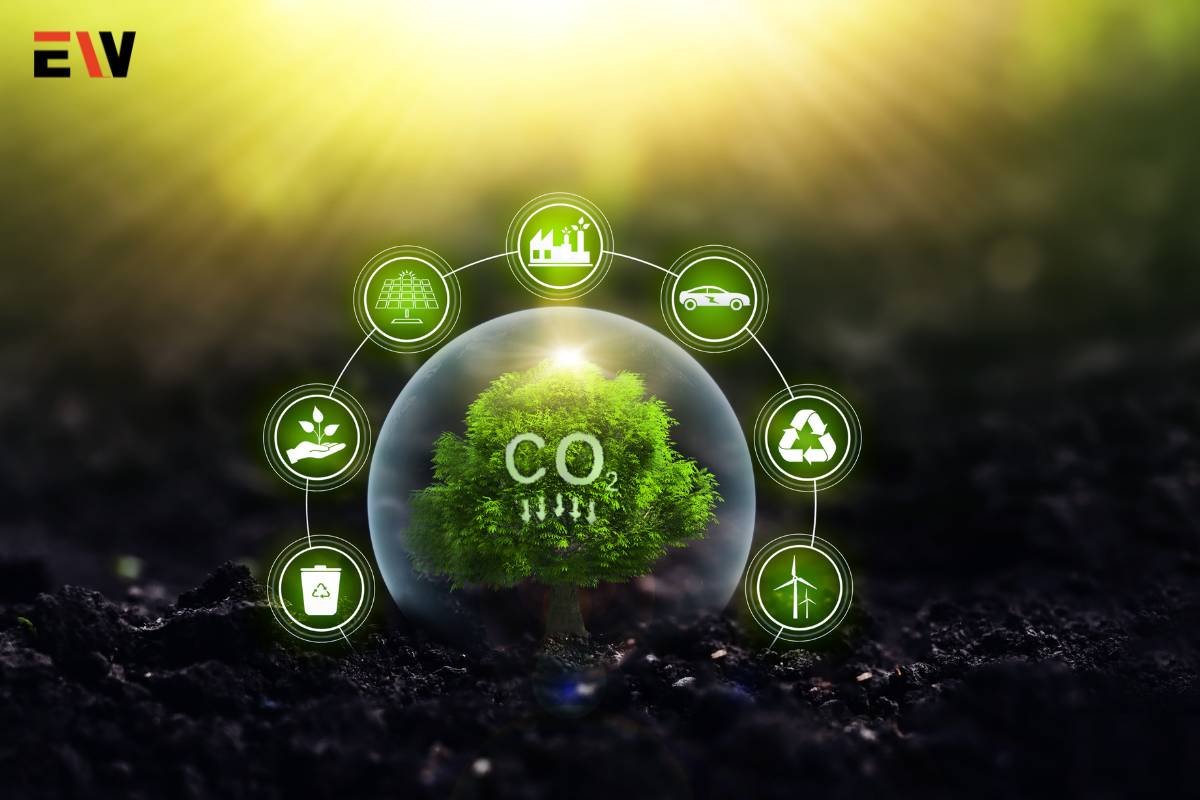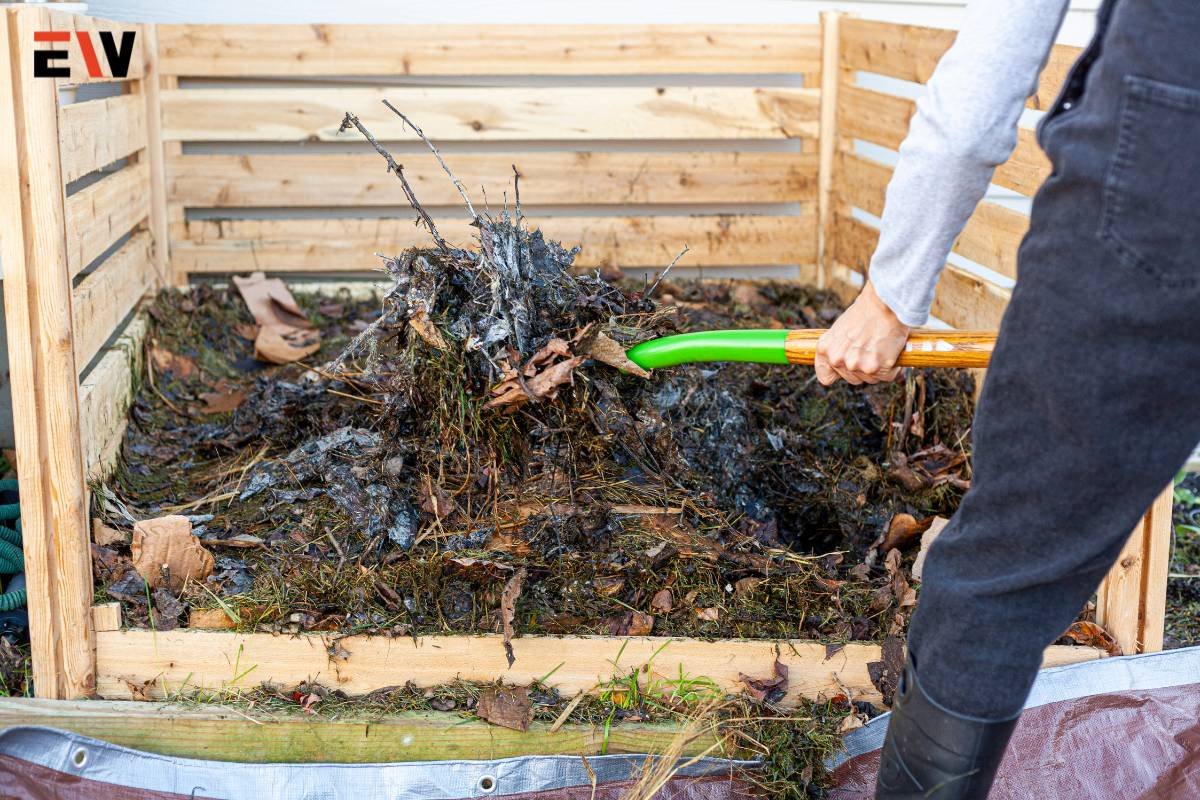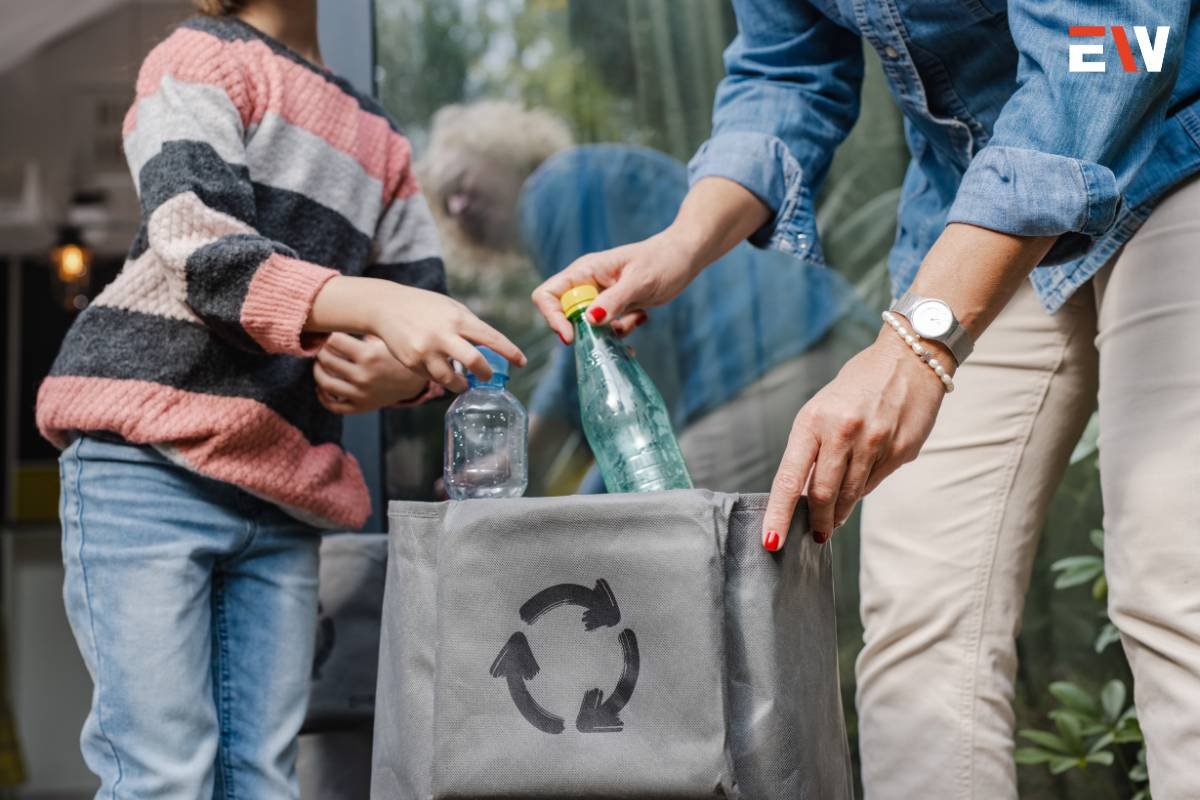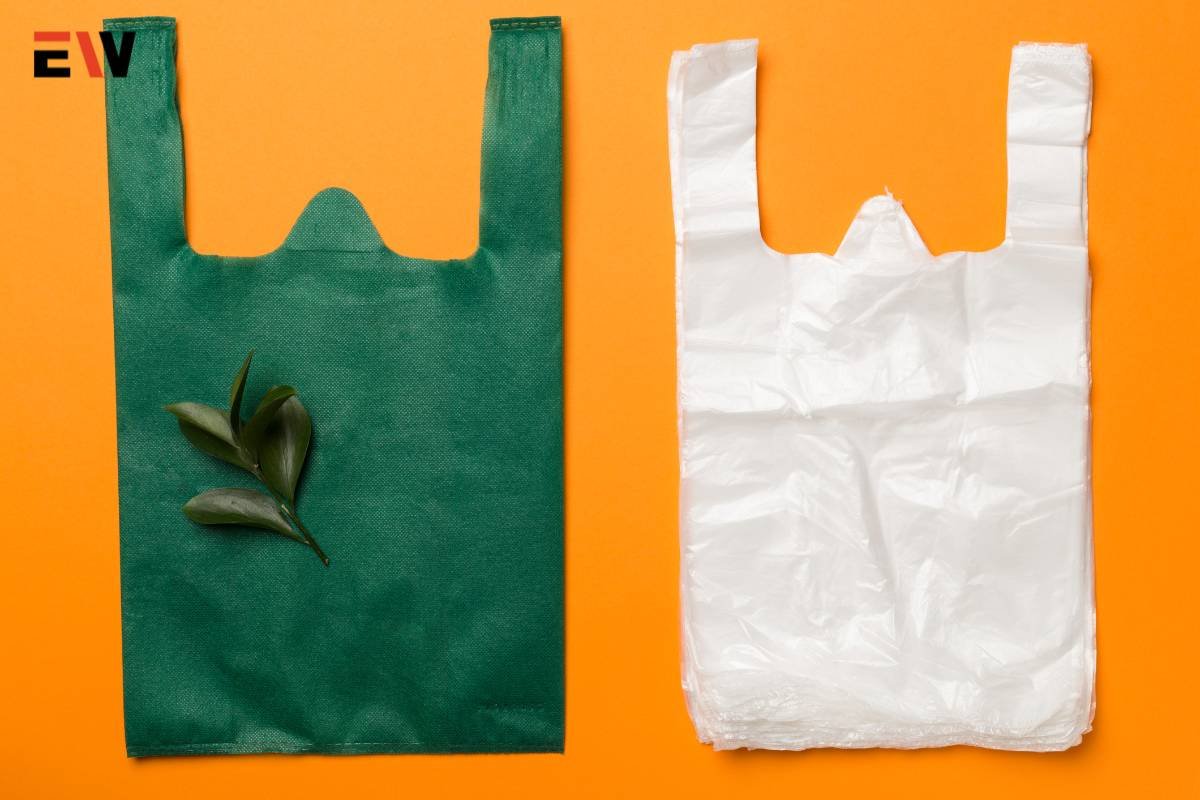As global environmental awareness increases, there is a growing emphasis on reducing plastic waste and adopting more sustainable practices. One of the innovative solutions gaining traction is the use of biodegradable garbage bags. These eco-friendly alternatives to traditional plastic bags promise to minimize environmental impact and contribute to a cleaner planet. This article delves into the concept of biodegradable garbage bags, their benefits, limitations, and the role they play in sustainable waste management.
Understanding Biodegradable Garbage Bags
What are Biodegradable Garbage Bags?
Biodegradable garbage bags are designed to decompose naturally under certain conditions, breaking down into water, carbon dioxide, and biomass. These bags are typically made from plant-based materials like cornstarch, vegetable oils, and biodegradable polymers that allow them to decompose more quickly than conventional plastic bags.
How Do They Work?
Biodegradable bags decompose through natural processes involving microorganisms such as bacteria and fungi. The decomposition rate depends on various factors, including the material composition of the bag, environmental conditions (such as temperature, moisture, and oxygen levels), and the presence of microbes. Some biodegradable bags are also compostable, meaning they can break down into non-toxic components in a composting environment.
Benefits of Biodegradable Garbage Bags
1. Reduced Environmental Impact

Biodegradable garbage bags help reduce the accumulation of plastic waste in landfills and oceans. Traditional plastic bags can take hundreds of years to decompose, releasing harmful microplastics into the environment. In contrast, biodegradable bags break down more quickly and leave behind fewer pollutants.
2. Lower Carbon Footprint
The production of biodegradable bags generally requires less energy and emits fewer greenhouse gases compared to traditional plastic bags. This reduction in carbon footprint is critical in the fight against climate change.
3. Support for Circular Economy
Using biodegradable garbage bags promotes a circular economy, where resources are reused and recycled, rather than discarded. These bags can be composted along with organic waste, returning valuable nutrients to the soil and reducing the need for synthetic fertilizers.
4. Improved Waste Management
Biodegradable bags facilitate more efficient waste management by reducing the volume of non-biodegradable waste in landfills. This can help alleviate the burden on waste management systems and create a more sustainable approach to handling garbage.
Limitations and Challenges
1. Decomposition Conditions

Biodegradable bags require specific conditions to decompose effectively. In the absence of sufficient heat, moisture, and microbial activity, these bags may not break down as intended. This is particularly challenging in landfills, where anaerobic conditions can slow down the decomposition process.
2. Confusion with Compostability
Not all biodegradable bags are compostable. While biodegradable bags decompose through natural processes, compostable bags break down into non-toxic components in composting environments. It’s important for consumers to understand the difference and choose the right product for their needs.
3. Higher Costs
Biodegradable garbage bags tend to be more expensive than conventional plastic bags due to the cost of raw materials and production processes. This can be a barrier to widespread adoption, especially for budget-conscious consumers and businesses.
4. Lack of Standardization
The biodegradable bag industry lacks uniform standards and certifications, making it difficult for consumers to assess the quality and environmental impact of different products. Standardized labeling and certification can help address this issue and promote consumer confidence.
Key Considerations for Choosing Biodegradable Garbage Bags
1. Material Composition
Look for bags made from plant-based materials like cornstarch, PLA (polylactic acid), or PHA (polyhydroxyalkanoates). These materials are more likely to break down effectively and reduce environmental impact.
2. Certification
Choose bags that are certified by reputable organizations such as the Biodegradable Products Institute (BPI) or European Bioplastics. These certifications indicate that the bags meet specific standards for biodegradability and compostability.
3. End-Use
Consider the intended use of the bags. If you plan to compost your waste, opt for compostable bags that meet industrial composting standards. For general waste disposal, biodegradable bags may suffice, provided they are disposed of in appropriate conditions.
4. Environmental Impact
Evaluate the overall environmental impact of the bags, including their production, use, and disposal. This holistic approach ensures that you choose products that genuinely contribute to sustainability.
The Role of Biodegradable Bags in Waste Management
Biodegradable garbage bags play a crucial role in sustainable waste management by:
1. Reducing Plastic Pollution

By replacing conventional plastic bags with biodegradable alternatives, we can significantly reduce plastic pollution in landfills, oceans, and natural habitats.
2. Promoting Responsible Consumption
Using biodegradable bags encourages consumers to be more mindful of their waste production and disposal habits, fostering a culture of environmental responsibility.
3. Supporting Composting Initiatives
Biodegradable and compostable bags can enhance composting programs by providing a convenient way to collect and transport organic waste. This supports the creation of nutrient-rich compost that benefits agriculture and reduces reliance on chemical fertilizers.
Future Prospects and Innovations
The future of biodegradable garbage bags looks promising, with ongoing research and innovation aimed at improving their performance and affordability. Key areas of focus include:
1. Enhanced Decomposition
Scientists are working on developing materials that decompose more rapidly and efficiently under a wider range of environmental conditions. This could make biodegradable bags more effective in various waste management scenarios.
2. Cost Reduction
Advancements in production technology and economies of scale are expected to lower the cost of biodegradable bags, making them more accessible to a broader audience.
3. Improved Standards and Certifications
The establishment of clearer standards and certifications will help consumers make informed choices and ensure that biodegradable products deliver on their environmental promises.
Conclusion
Biodegradable garbage bags represent a significant step towards more sustainable waste management practices. While they offer numerous environmental benefits, it is essential to address their limitations and ensure proper disposal conditions to maximize their effectiveness. By making informed choices and supporting ongoing innovations, we can reduce our reliance on traditional plastics and contribute to a cleaner, greener future.










